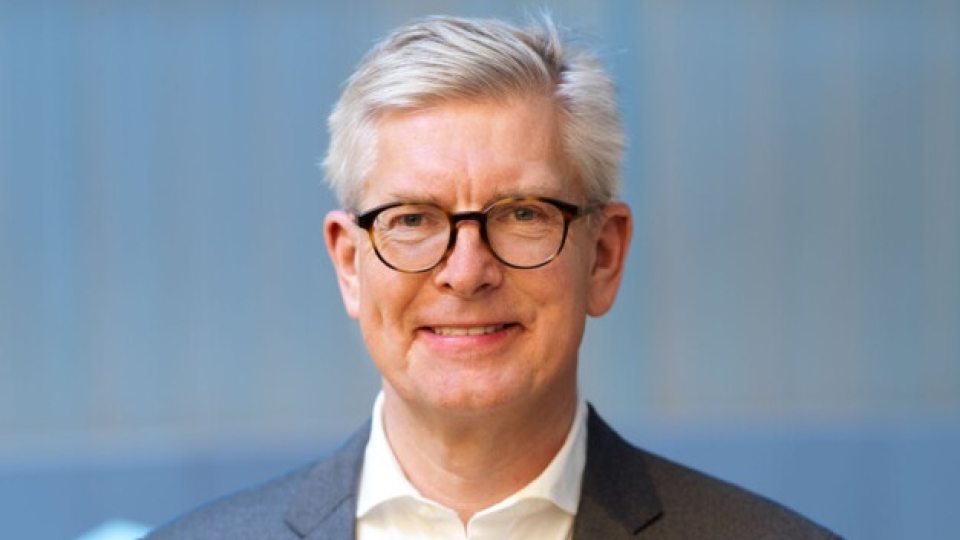
Ericsson Q3 sales were SEK 57.1bn (€5.26bn) up slightly with strong growth in North America and North East Asia. Reported sales grew by 6% and there was some improvement in margins for the loss-making company. 5G is growing faster than previously thought and it is investing heavily in IoT.
Operating income was impacted by cost provisions of $ -1.2bn. (SEK -11.5bn) related to a resolution of the investigations by SEC and DOJ in the US and a refund of social security costs of SEK 0.9bn, referred to as "items affecting comparability" in the report. Operating income was SEK 6.5bn (11.4% operating margin) when excluding restructuring charges and items affecting comparability. Reported operating income was SEK -4.2 (3.2)bn.
Gross margin excluding restructuring charges was 37.8% (36.9%) with improvements in Managed Services, Digital Services and Networks. Reported gross margin was 37.7% (36.5%).
Comments from Börje Ekholm, President and CEO of Ericsson: “We continue to see strong momentum in our business, based on the strategy to increase our investments for technology leadership, including 5G. We saw organic sales growth of 3% in the quarter, driven by the early adopters of 5G, in North America and North East Asia.
"With clear focus on our operator customers the strategy stands on a foundation of increased investments in R&D for technology and cost leadership, and growing market footprint. Increased R&D efforts, which will continue, have resulted in a competitive portfolio driving improved gross margin. In addition, we have been able to record several important wins improving market footprint for future business. We are disciplined in the deals we take and target opportunities where we have a clear competitive advantage through technology leadership, supported by our improved cost structure in hardware and software. While we believe the strategic contracts are attractive long term, the initial margins may be challenging. This is due to high associated costs as operators change vendors.
"An important indicator for our execution of the strategy is the improvement in gross margin. The largest market for 5G infrastructure will be China where deployments are expected to start near term. We have invested to increase our market share, however it is still too early to assess possible volumes and price levels. Based on historic experience we expect to have challenging margins initially but positive margins over the lifespan of a contract.
The turnaround of Digital Services is on track for low single digit margins in 2020, he says. Driven by strong improvement in the underlying business, the losses were "substantially reduced QoQ", in spite of a negative impact from the remainder of the 45 critical contracts of SEK 0.5bn (slightly more than in the second quarter). The negative impact of these contracts will continue to vary between quarters as they are addressed.
"5G is taking off faster than earlier anticipated and we see initial 5G buildout as a capacity enhancer in metropolitan areas. However, over time, new exciting innovations for 5G will come with industrial and IoT use cases, leveraging the speed, latency and security characteristics of 5G. This provides opportunities for our customers to capture new revenues as they provide additional benefits to consumers and businesses.
"Our IoT business is growing almost twice as fast as the estimated market growth of 20-25% per year. We have more than 4,500 enterprises on our IoT platform and the number of connected devices on the platform has more than doubled year to date. To fully leverage our position and capture new recurring revenue streams we are increasing our investments in IoT within Emerging Business. With this investment, we do not expect to reach breakeven for the segment next year, and instead incur losses of SEK -1.5bn to -2.0bn.


